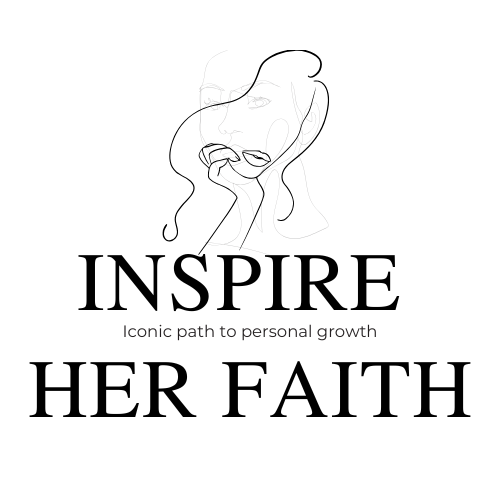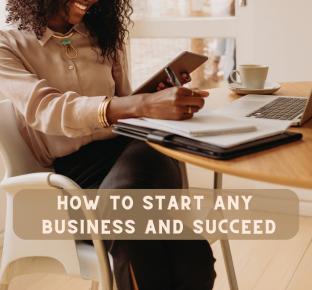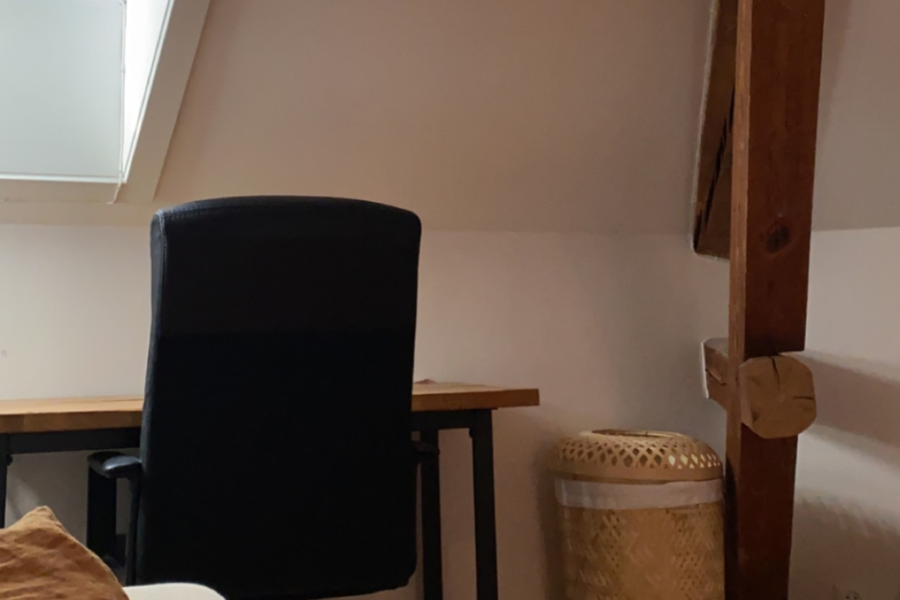
For too long, society has told women, particularly Muslim women, that we can’t succeed independently. Every time the seed of entrepreneurship is planted in our hearts, the voices of doubt quickly follow, telling us we’re not strong enough, capable enough, or bold enough to stand on our own.
Worse, we’re often told that we need a male figure to guide us through the complexities of business, as though our intelligence and resilience aren’t enough. These doubts can settle deep within, making us question our place in the world.
As Muslim women, we face unique challenges. Not only are we underestimated by society, but we’re often judged based on our faith, our skin color, and the cultural roots we carry.
Islamophobia has added yet another layer of difficulty, making us easy targets for judgment and exclusion. Even if we’ve lived in the West our entire lives, we are still scrutinized for how we look, dress, and live our faith.
But despite these obstacles, we are resilient. We’ve always been resilient. My dear sister, if you’re reading this and feeling overwhelmed or uncertain about your dreams, I know you carry incredible aspirations in your heart.
You may feel the weight of societal expectations, balancing the responsibilities of marriage, motherhood, or simply trying to navigate life in a world that feels stacked against you. But let me remind you of something important: you are more than capable. Muslim women have always been strong, strategic, and relentless in pursuing their goals.
The Importance of Financial Independence
Before we dive into the steps of building a sustainable business, let’s talk about the “why” behind it. In today’s fast-paced, materialistic world, financial independence is not a luxury—it’s a necessity. Gone are the days when one person in the family could support everyone’s needs. Our lives have become more complex, and so have our desires.
Think about it. The world offers us so much more than it did before—more choices in food, fashion, technology, and experiences. But with these options comes the pressure to keep up, and it’s no longer easy to rely on just one source of income.
Now, imagine being able to fulfill your own desires and needs without having to ask anyone else for help—not even your husband for those small wishes you’ve had to suppress. Imagine starting small, slowly building something that supports you and your family while helping your husband carry the financial burden. You could be contributing to a future full of possibilities.
And let’s be honest, we all know how hard it is to stop our hearts from wanting the beautiful things of this world. Islam teaches us the importance of contentment, yes, but it also teaches us the value of hard work. It’s okay to have desires, but it’s even better to be in a position to fulfill them yourself, in a way that aligns with your faith.
The Power of Independence for Muslim Women
Pursuing your own business as a Muslim woman offers unparalleled freedom and flexibility. You no longer need to seek approval for your modest dress or face discomfort in work environments that don’t align with your faith.
Running your own business allows you to set your schedule, balancing family, children, and religious commitments without compromise.
Independence empowers you to create opportunities that honor both your personal and professional aspirations. As you embrace entrepreneurship, you open your mind to new perspectives, discovering innovative ideas and solutions while staying true to your Islamic principles.
Developing a Sustainable Business: Where to Begin
Starting a business can seem daunting, but with the right mindset and approach, it’s entirely possible. The key to building a sustainable business lies in choosing a venture that not only aligns with your skills and interests but also complies with Islamic principles.
In Islam, there are clear guidelines on what kinds of businesses are allowed (Halal) and those that are prohibited (Haram). Understanding these distinctions is the first step in ensuring your business is both ethical and successful.
What Types of Businesses Are Allowed in Islam?
Islam encourages ethical business practices, focusing on fairness, honesty, and integrity. Businesses that exploit people, harm others, or engage in deceptive practices are not permitted. Here are some key guidelines:
- Halal Businesses: Any business that provides lawful products or services. This can include selling goods like clothing, food, or beauty products, offering services such as consulting, education, or healthcare, or creating content like writing, coaching, or design. The focus should be on providing value while upholding Islamic principles.
- Haram Businesses: Islam prohibits businesses involving alcohol, gambling, usury (interest), and anything that harms others or promotes immoral behavior. If you’re starting a business, it’s essential to ensure that your products, services, and methods of earning comply with Sharia law.
Islamic Business Ethics and Principles
Islam emphasizes honesty, fairness, and justice in all aspects of business. Here are some key rules:
1. Cheating and Lying are Forbidden
Islam strictly forbids gaining wealth through cheating, lying, or fraud. The Quran warns:
“Destruction be to the cheaters, who when they take measure from mankind demand in full, (however) if they measure for people (they sell), they reduce (the weight).”
— Quran 83:1-5
2. Leniency Towards Debtors
Muslims are encouraged to show compassion in business. If a debtor is struggling to repay, patience and understanding are rewarded by Allah:
“May Allah’s mercy be on him who is lenient in his buying, selling, and in demanding back his money.”
— Bukhari 34/29
3. Exploiting Workers is Unlawful
Islam prohibits the exploitation of employees, contractors, or maids. Employers must treat workers fairly and pay them promptly:
“Give the worker his wages before his sweat dries.”
— Ibn Majah 16/2537
4. Malpractices in Trade are Forbidden
Artificially inflating prices or manipulating markets to harm others is prohibited:
“He is not one of us who cheats.”
— Ibn Majah 12/2309
5. Deceiving Buyers is Forbidden
Sellers must disclose any defects in their products to the buyer. Deception is forbidden:
“It is not lawful for a Muslim to sell such a commodity that has a defect, except that the defect is shown to the buyer.”
— Ibn Majah 3/12/2246
6. Prioritizing Salah Over Business
Muslims must prioritize prayer over business. Continuing to trade after the Adhan (call to prayer) for Jummah is discouraged:
“When the call is made for the Salah on the day of Jummah (Friday), then hasten to the remembrance of Allah (Khutbah & Salat) and leave business.”
— Quran 62:9
How to Market Yourself in a Competitive World
Once you’ve identified your business idea, the next step is marketing it effectively. In today’s digital age, social media is a powerful tool for reaching your target audience. But not all social platforms are created equal.
Let’s explore which social media channels are best for Muslim entrepreneurs and how to use them ethically.

- Instagram: This platform is ideal for businesses that rely on visuals—whether you’re selling fashion, food, or lifestyle services. For Muslim women, Instagram can be a space to showcase your products while staying true to your values. Use your platform to share your story, engage with your audience, and highlight the ethical nature of your business.
- YouTube: Video content is increasingly popular, and YouTube allows you to connect with your audience on a deeper level. Whether you’re creating how-to videos, sharing your journey, or offering advice, YouTube can help you build a community around your brand.
- LinkedIn: For professionals and service-based businesses, LinkedIn is a great way to network and showcase your expertise. It’s a platform that focuses on building professional relationships, so if your business is B2B or service-based, LinkedIn can be a powerful tool for growth.
- Facebook: While it’s not as trendy as it once was, Facebook is still a strong platform for reaching certain demographics. Many small businesses find success by creating Facebook groups to engage with their customers or using Facebook ads to target specific audiences.
Being Honest and True to Who You Are
One key lesson Islam teaches us is to always be truthful. When marketing your business, avoid false promises or exaggerated claims. Honesty will set you apart in a world where businesses often bend the truth to make a sale.
By being authentic and transparent about who you are and what you offer, you’ll build a loyal customer base that trusts and values your brand.
Fulfilling Your Dreams
And remember, you don’t have to start big. Many successful entrepreneurs began with small steps—selling handmade products, offering services from home, or starting side businesses. The most important thing is to begin.
Who knows how far your efforts will take you? As Prophet Muhammad (peace be upon him) said, “The best of people are those who are most beneficial to people.” By creating your own business, you’re not only benefiting yourself but also contributing to society in a meaningful way.
Power of Prayer and Perseverance
In Islam, we are taught the power of intention and prayer. If your goal is to build a sustainable business that aligns with your faith and serves others, seek help from Allah (SWT) through prayer.
Never underestimate the strength of your Duas. Combine hard work, dedication, and reliance on Allah, and you will see the fruits of your efforts.
Final Thoughts: It’s Time to Take the Leap
My dear sister, the world may have told you “No” many times, but it’s time to listen to the “Yes” inside of you. You are strong, capable, and worthy of success. Building a business is more than just making money—it’s about creating a space where you can be your authentic self and live a life of purpose, aligned with your faith.

Don’t wait for the perfect moment. Start small, trust in yourself, and most importantly, trust in Allah. With the right mindset and approach, you will not only succeed—you will thrive.
So, what are you waiting for? Take the first step today and watch as your dreams unfold before you. Success is waiting for you!
Share with friends and family!



Best Exercises While Fasting


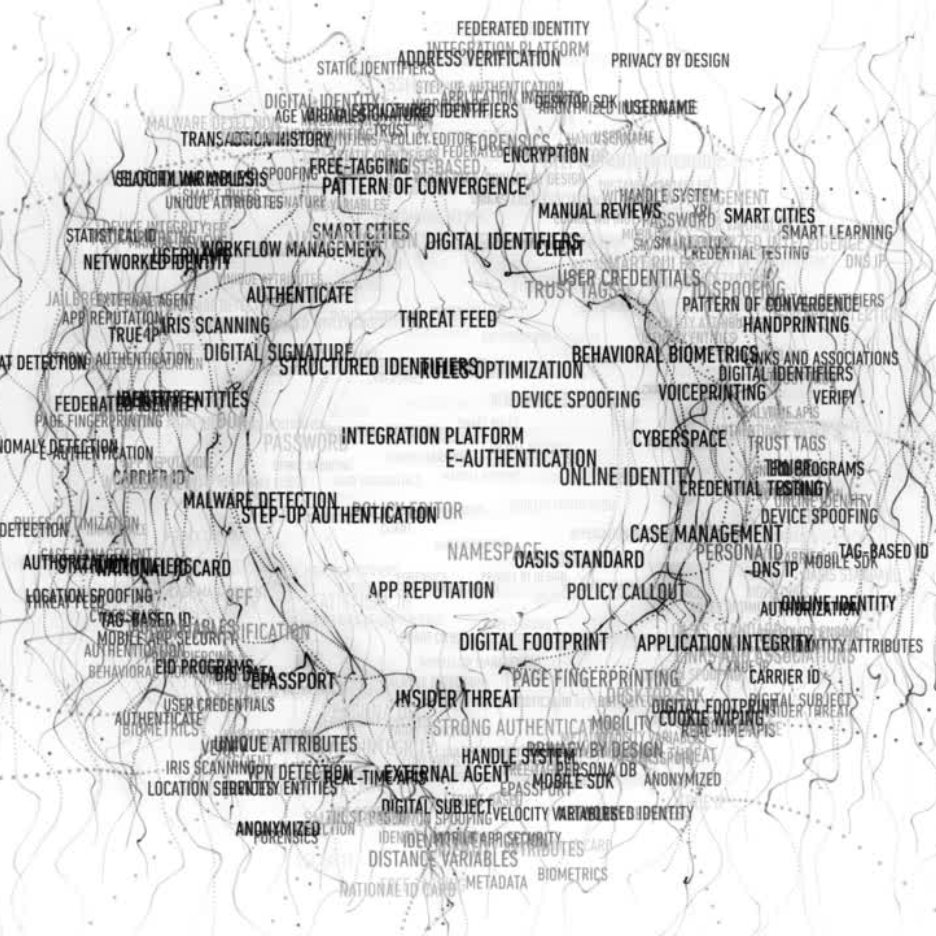
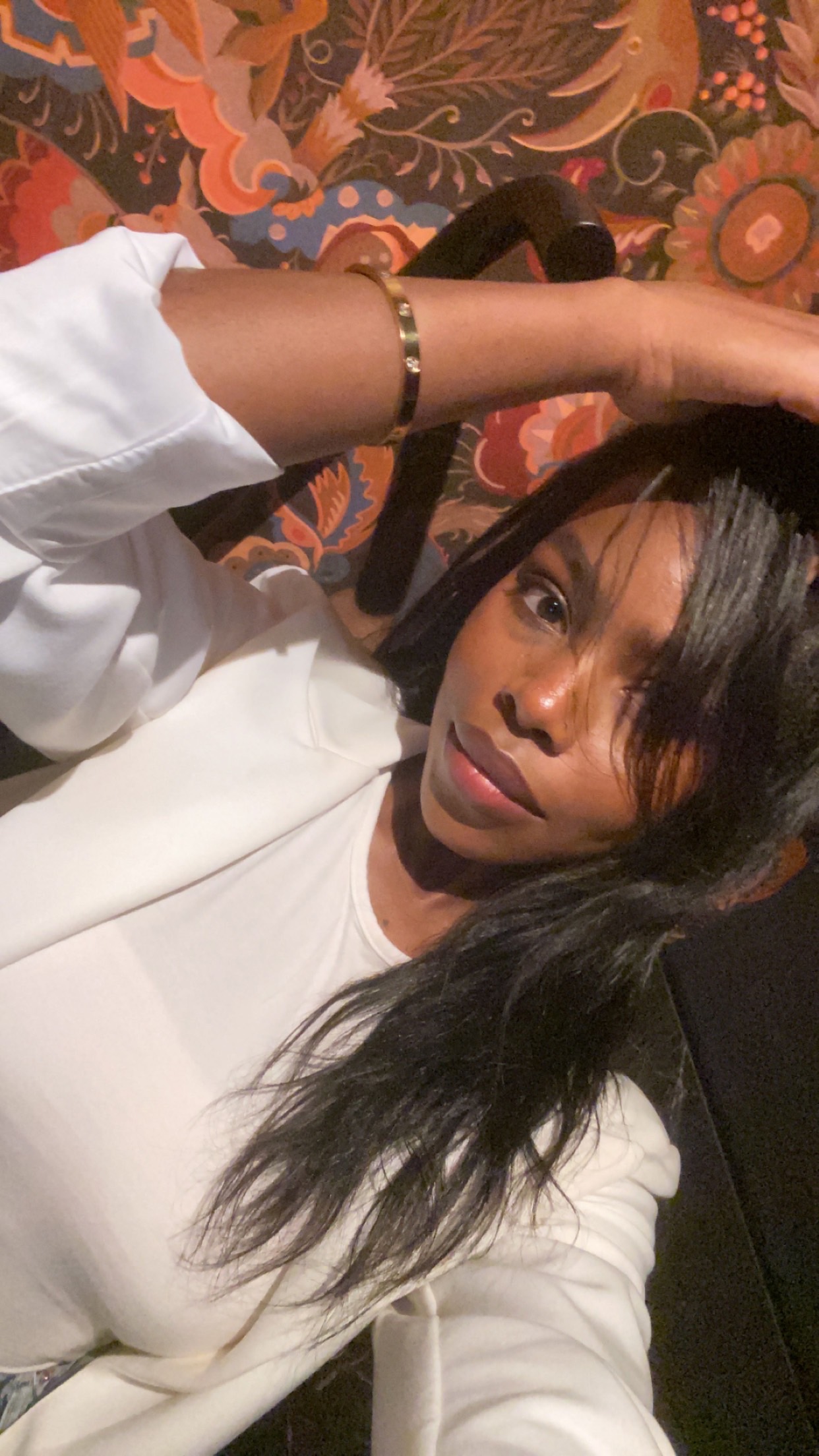
Transforming Trauma into Triumph: How Adversity Fuels Success





